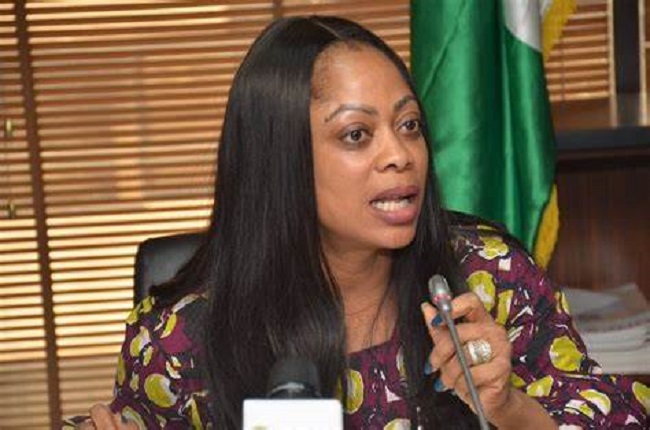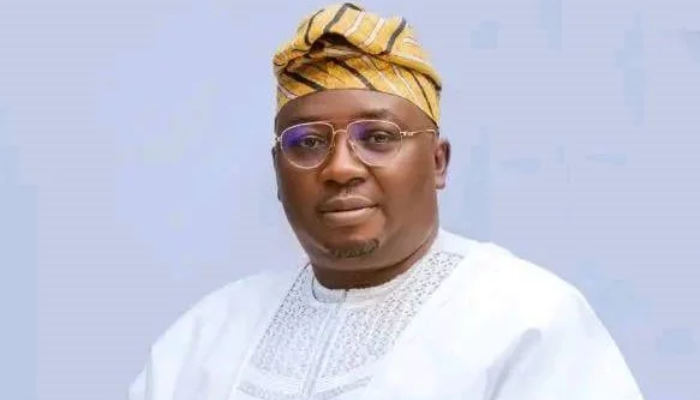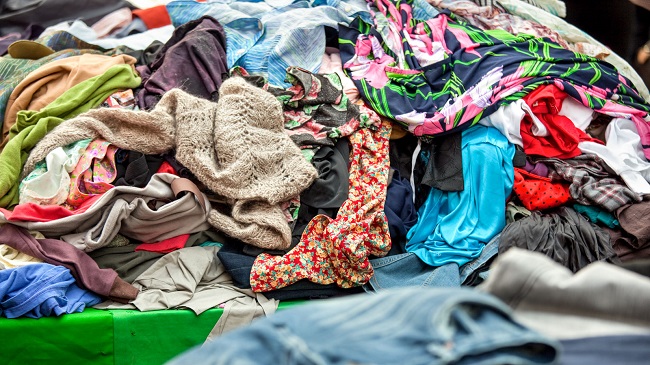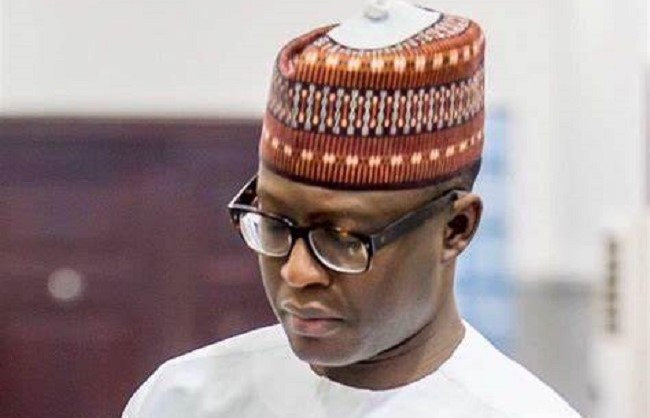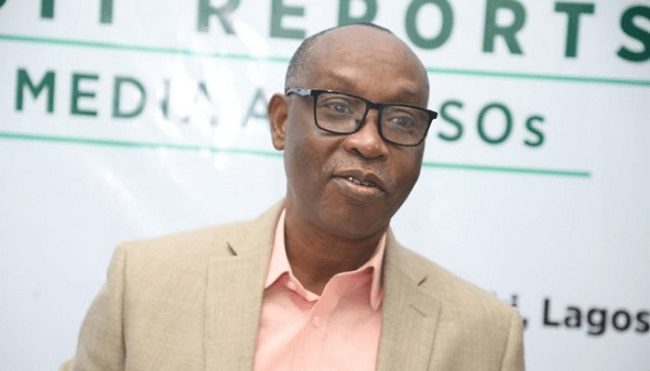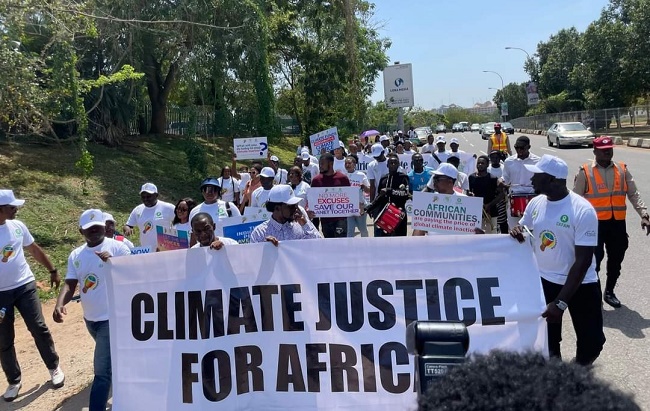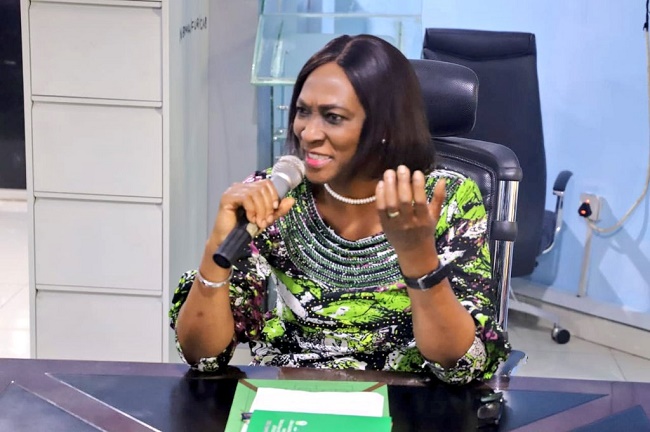In what appears to be a significant victory against transnational wildlife crime, the Nigeria Customs Service (NCS) has announced the arrest of a suspected high-level Chinese wildlife trafficker in Lagos.
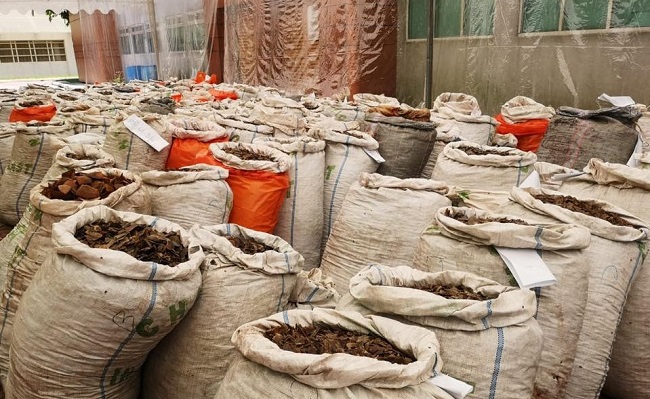
Acting on intelligence provided by the Wildlife Justice Commission (WJC), NCS carried out the arrest on Wednesday, February 19, 2025. The operation reportedly represents a critical disruption to organised wildlife crime networks operating between Nigeria and Asia.
Landmark seizure led to arrest
The arrest was linked to a warehouse raid in Ogun State, Nigeria, that led to a major pangolin scale seizure in August 2024, following intelligence provided by the WJC. NCS officers initially seized 31 bags of pangolin scales on August 8, with a follow-up search on August 10 uncovering an additional 148 bags, bringing the total to 7.2 tonnes – the largest-ever WJC-supported seizure.
Intelligence identified the suspected owner of the stockpile as a high-level Chinese wildlife trafficker. With WJC support, Nigerian authorities tracked the suspect, leading to his arrest in Lagos six months later.
According to the WJC, the arrest represents:
- The first Chinese wildlife trafficking suspect arrested in Nigeria as a result of a WJC-supported operation.
- The second suspected kingpin arrested in Nigeria through WJC collaboration.
A strong partnership driving impact
The WJC has been working in close partnership with the NCS since July 2021, providing intelligence analysis, investigative support, and evidentiary assistance. To date, this collaboration has facilitated 17 joint operations, leading to 37 arrests, the seizure of 21.5 tonnes of pangolin scales and over one tonne of ivory, and 12 successful convictions. Among those convicted are a Vietnamese kingpin, his two associates, and two high-level shipping facilitators behind Lagos-based organised crime networks.
“Our technical assistance has contributed to 94% of all pangolin scales seizures reported in Nigeria during this period. Notably, no significant seizures of African pangolin scales have been reported at any seaports globally for over three years, signaling a major disruption in transnational trafficking routes,” said the WJC.
Strengthening the fight against wildlife crime
“This arrest represents a gold standard in investigations into the top tier of the illegal wildlife trade, and we congratulate NCS on this outstanding result. Their swift action, guided by our intelligence, demonstrates the importance of proactive law enforcement efforts to target trafficking at the highest level and drive disruption through the entire supply chain. By dismantling criminal operations from the top down and across major global supply chains, we can help stop transnational organised crime from driving species to extinction,” said Olivia Swaak-Goldman, Executive Director of the WJC.
A major setback for transnational organised wildlife crime
The seizure of 7.2 tonnes of pangolin scales dealt a significant financial blow to the trafficking network, with an estimated value exceeding $1.4 million in Asia. The arrest of the suspect is expected to have lasting disruptive effects on Nigeria-based criminal syndicates supplying the illegal wildlife trade.
This success, it was gathered, underscores the increasing risks associated with wildlife trafficking and reinforces Nigeria’s commitment to dismantling organised crime networks.
The Wildlife Justice Commission says it remains dedicated to supporting law enforcement partners in holding traffickers accountable and tackling the illegal wildlife trade at its highest levels.

